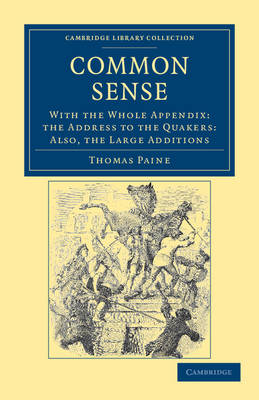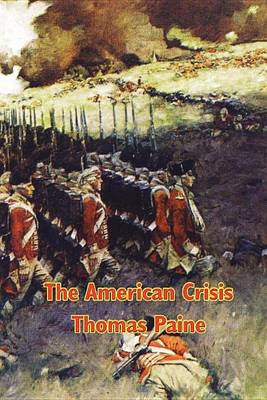Founding Fathers Collection
2 primary works
Book 2
This famous pamphlet - published anonymously in 1776 because of its seditious content - by the British political radical Thomas Paine (1737-1809) laid out his pioneering ideas for American independence, and earned him the title of 'Father of the American Revolution'. The Declaration of Independence, written chiefly by Thomas Jefferson and famously promulgated later that year, was influenced by Paine's arguments in this work: that America was too large to be governed by a country as small as Britain - which, he claimed, was ruling America only for its own financial gain - and that the colonies had now achieved the financial and military capacity to break free. Criticising the British monarchical system, with a single figure at its pinnacle, Paine called instead for a government that promoted security, liberty and equality for its people. Over half a million copies of this highly influential document were sold in America in its first year.
Book 4
Thomas Paine wrote the American Crisis in an effort to justify the American Revolution and to bolster the moral of the Continental Army. THESE are the times that try men's souls. The summer soldier and the sunshine patriot will, in this crisis, shrink from the service of their country; but he that stands it now, deserves the love and thanks of man and woman. Tyranny, like hell, is not easily conquered; yet we have this consolation with us, that the harder the conflict, the more glorious the triumph. What we obtain too cheap, we esteem too lightly: it is dearness only that gives every thing its value. Heaven knows how to put a proper price upon its goods; and it would be strange indeed if so celestial an article as freedom should not be highly rated. Britain, with an army to enforce her tyranny, has declared that she has a right (not only to tax) but "to bind us in all cases whatsoever," and if being bound in that manner, is not slavery, then is there not such a thing as slavery upon earth. Even the expression is impious; for so unlimited a power can belong only to God.

